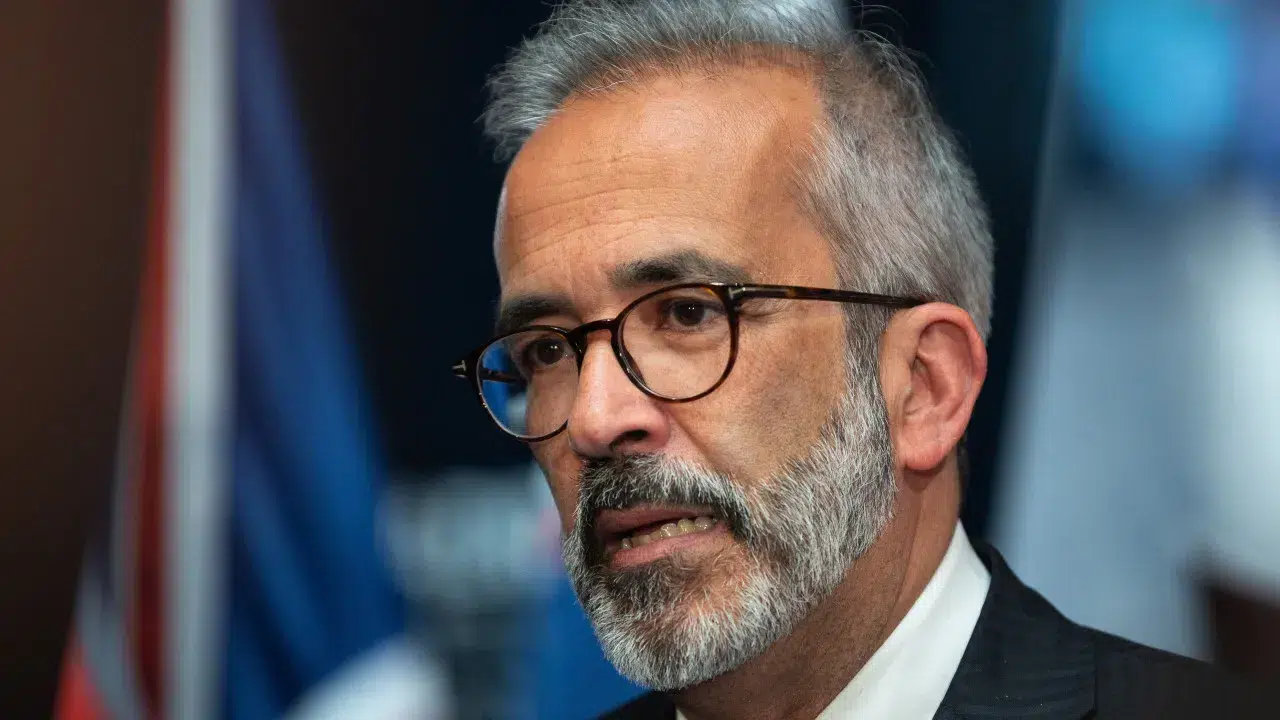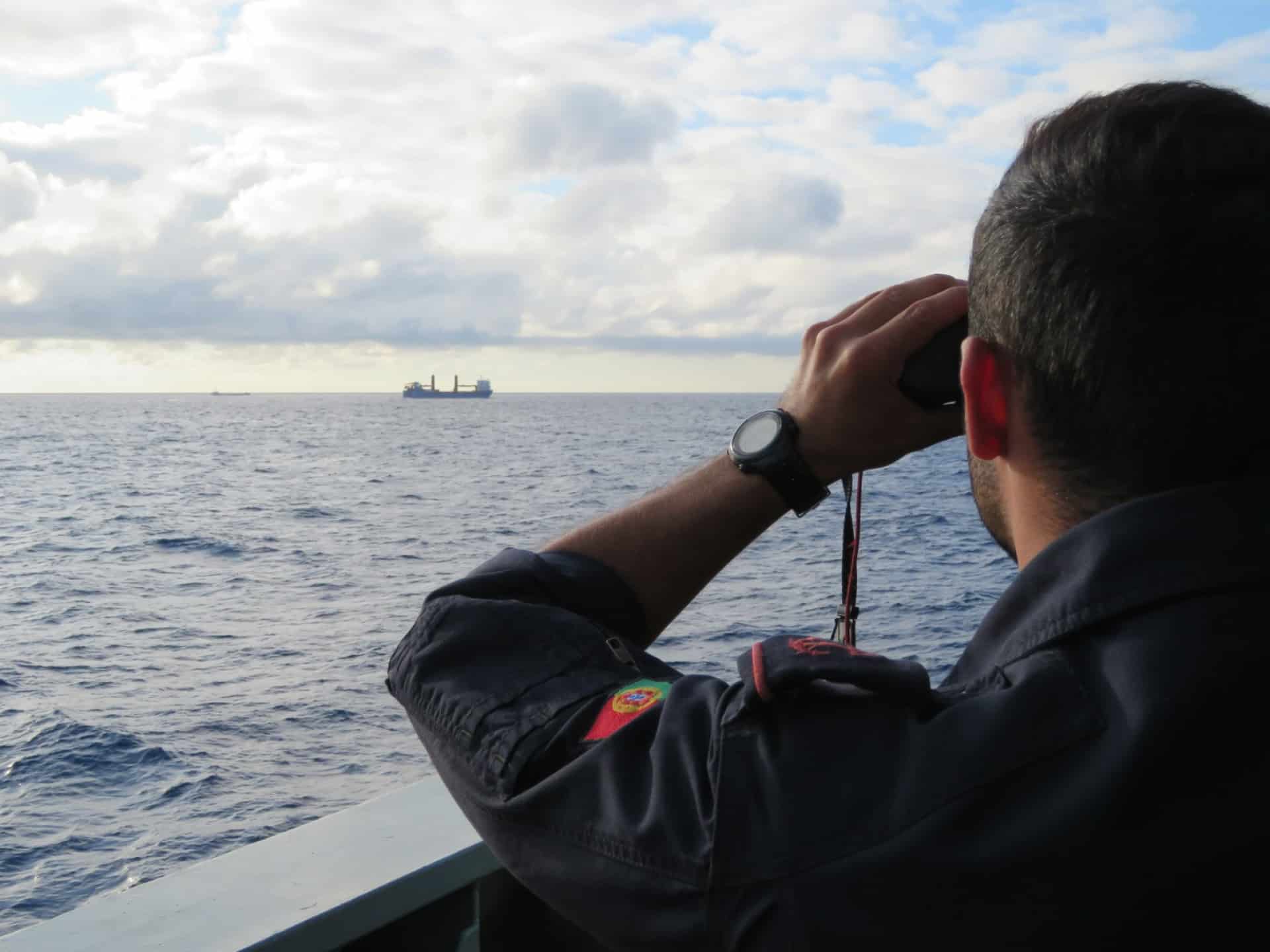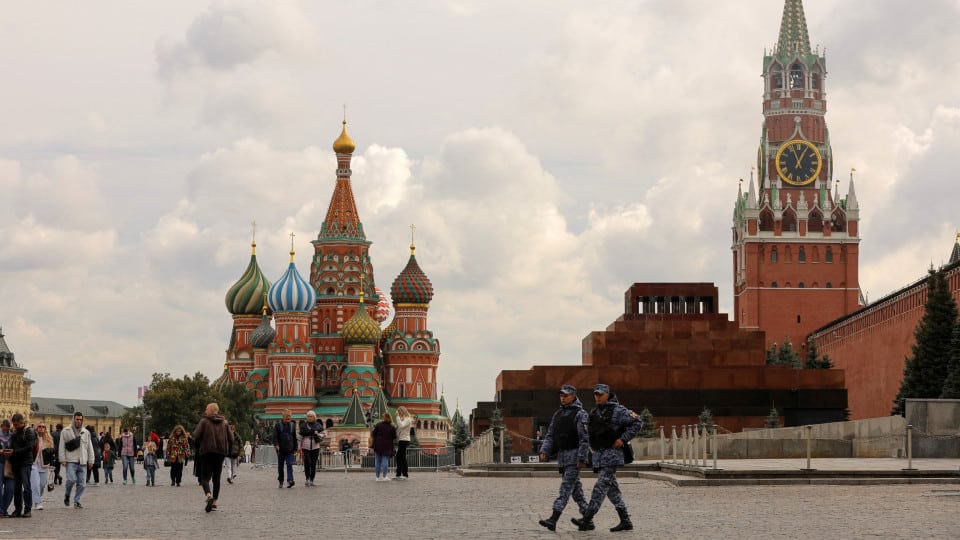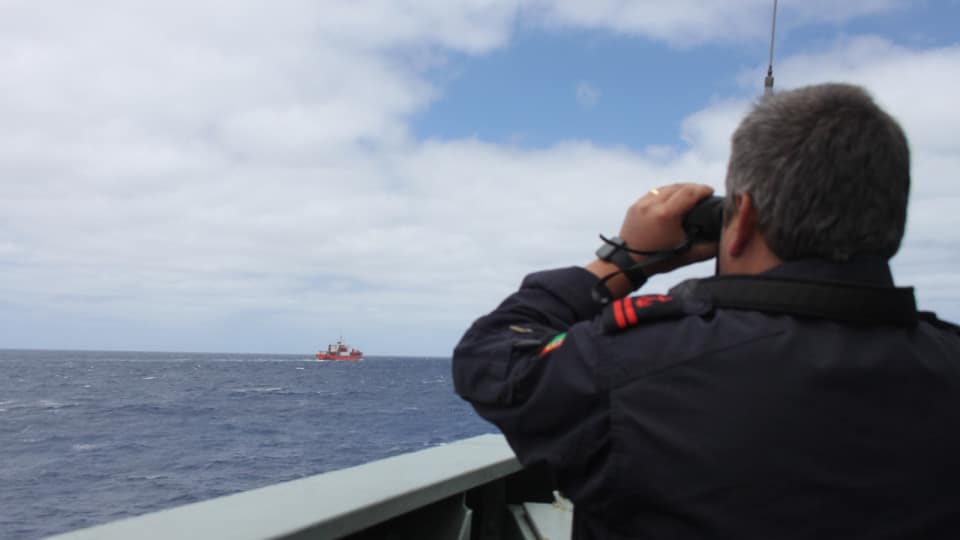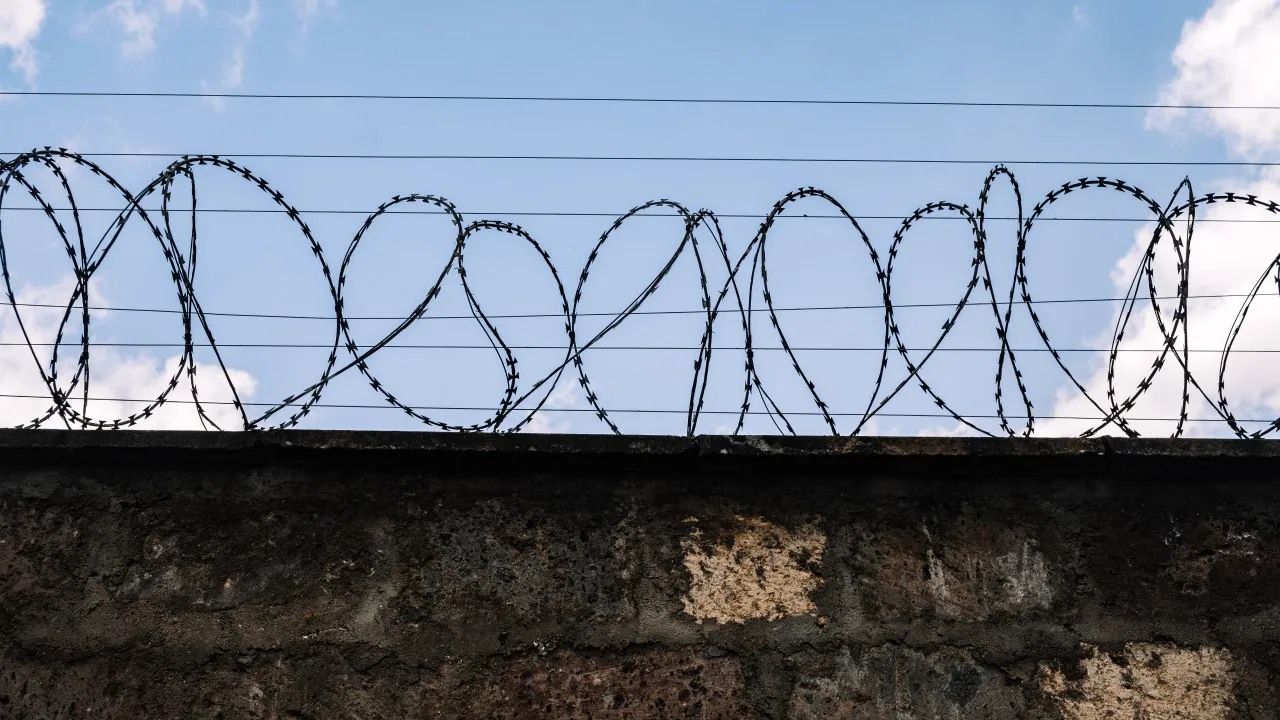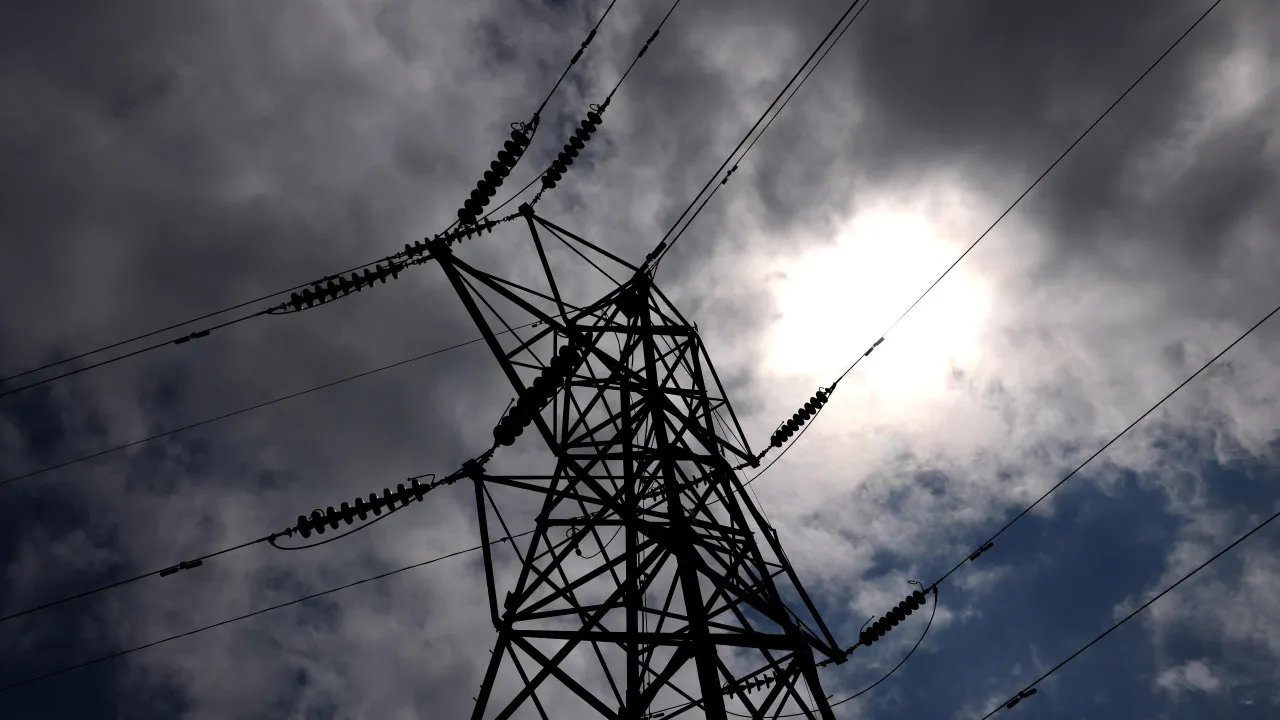The spokeswoman for Russian diplomacy today regretted that relations with Portugal have been in a “deep crisis” since the beginning of the invasion of Ukraine, calling on Portugal to make “a real assessment of events”.
“Portuguese-Russian relations are in a deep crisis because of the position taken by the Portuguese authorities. They haven’t deteriorated as much in years as they have since the start of the special military operation [the expression the Russian authorities use to refer to the war unleashed with the invasion of Ukraine in February 2022],” said Maria Zakharova via video conference in response to a question from the Lusa news agency.
Zakharova said that Russia is waiting for “the day when Portugal makes a real assessment of events, based on true facts, and finally comes to the conclusion that it is necessary to preserve and develop ties” between Lisbon and Moscow.
“However, this awareness must be based on facts and not on methodical indications from Brussels or Washington, coming out of NATO summits,” the diplomat stressed.
Portugal has repeatedly condemned the invasion of Ukraine from the outset, but Maria Zakharova argued that it is “necessary to understand the facts, to take into account the historical roots, to understand the processes that are actually taking place, not based on the narratives imposed by the members of that bloc”.
Asked about the changes in the European Parliament resulting from last June’s elections, the representative of the Ministry of Foreign Affairs of the Russian Federation said that Russia’s foreign policy in relation to the 27 will only change if the European bloc also demonstrates some changes.
“If there are any changes in the foreign policy of EU countries, we will study them and correct our approaches if these changes correspond to reality. However, if we continue to see the demonization of our country, Russophobia towards our people, the path of sanctions and ultimatums, of making Russia a bogeyman, of escalating already existing conflicts, then we see no need to change our foreign policy,” he stressed.
He added that the “monstrous political crises” in Europe “are not linked to the rise or fall of leaders or political parties, but to the polarization of society and the divorce of proposed goals from real life.”
Maria Zakharova criticized EU countries for “trying to solve Ukraine’s problems, which their own citizens have nothing to do with”.
“It turns out that Ukraine’s problems, which were generated by the West, are now problems faced by its own people. I’m surprised that the EU countries, which think they have the right to solve Ukraine’s problems, aren’t rushing to solve the problems they have at home, such as immigration, the rise in crime, the financial crisis, weak economic growth or its contraction. All this has a negative influence on the financial and economic spheres,” he said.
He advised European nations to “put aside the statements of [Josep] Borrell (EU High Representative for Foreign Affairs and Security Policy) and take off the headphones through which [re-elected European Commission President] Ursula Von der Leyen repeats her mantras”.
“It’s important to look out of the window and see how your own citizens live, see the problems they have to deal with, pass by the stores, talk to social organizations. Maybe it wouldn’t be bad to start there,” he suggested.

